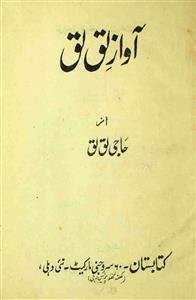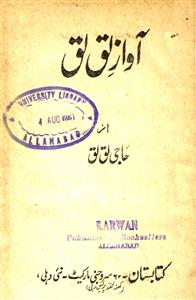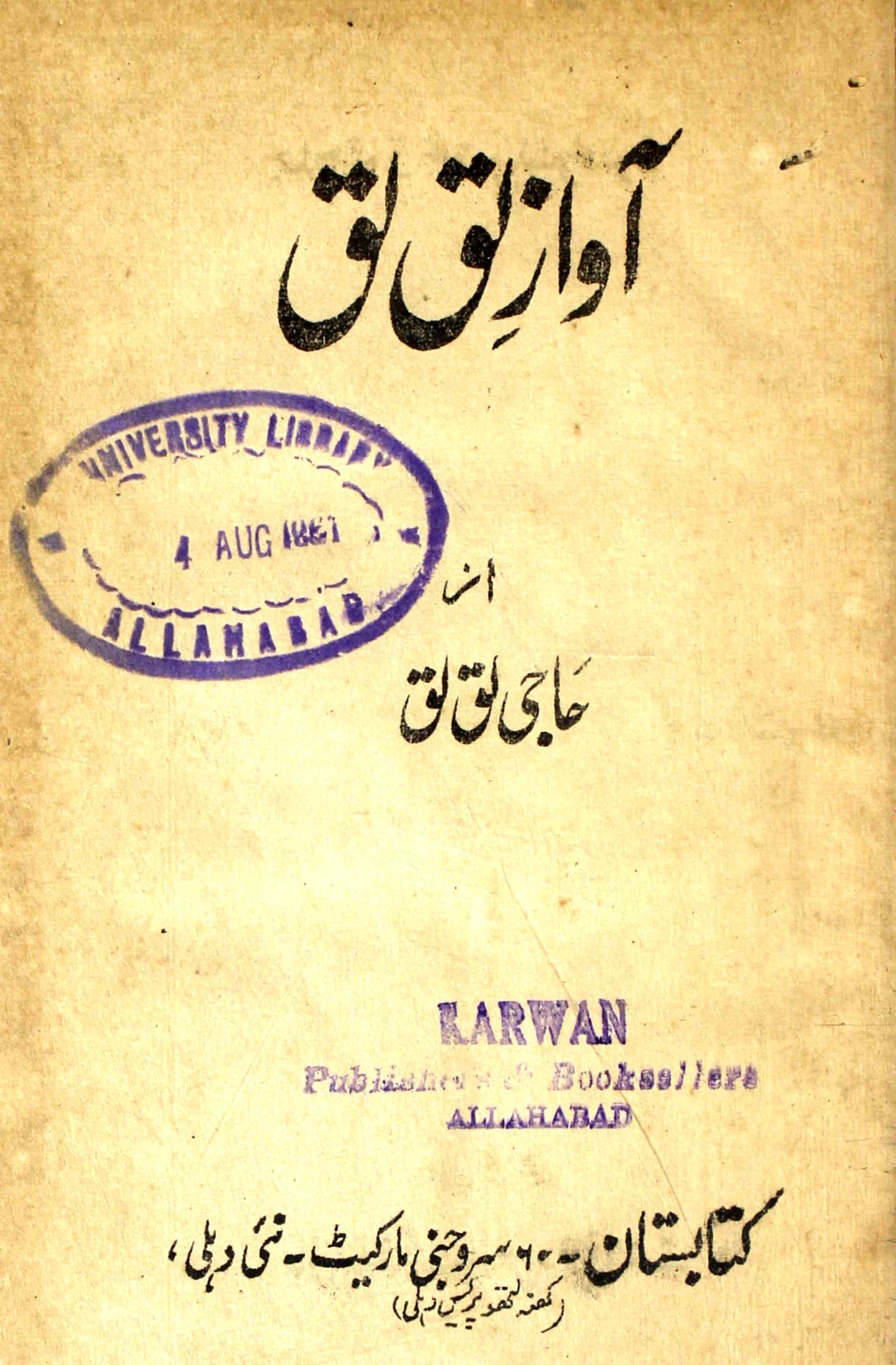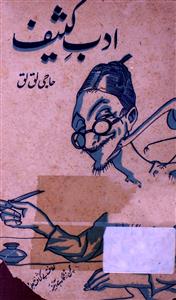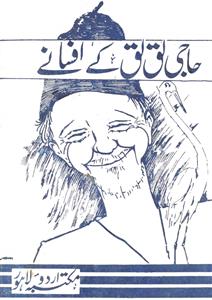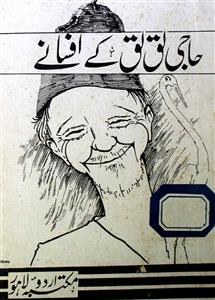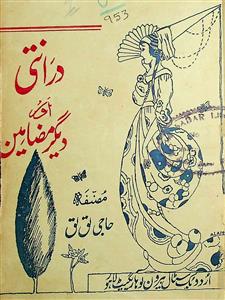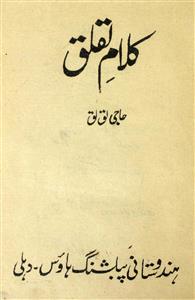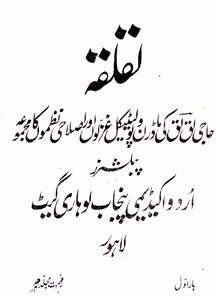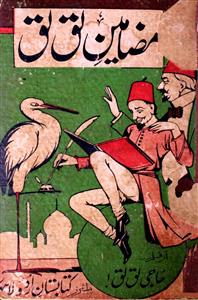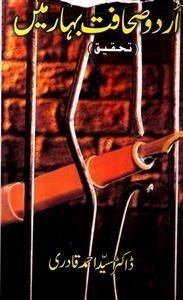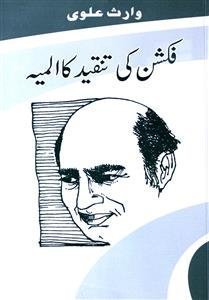 For any query/comment related to this ebook, please contact us at haidar.ali@rekhta.org
For any query/comment related to this ebook, please contact us at haidar.ali@rekhta.org
About The Book
حاجی لق لق ہند و پاک کے مایہ ناز فطرت نگاروں میں شمار کیے جاتے ہیں۔ انہوں نے جس طرز کی ظریفانہ نثر تخلیق کی ہے وہ برسوں کی ریاضت کا ثمرہ ہے۔ اسی لیے ان کے بارے میں کہا جاتا ہے کہ ان کی نثر کی تحسین کرنا در اصل سورج کو دیا دکھانے جیسا ہے۔ لیکن ان کی ظرافت کی سب سے خاص بات یہ ہے کہ وہ شوخی کے ساتھ ہی اخلاق آموز باتیں کہہ جاتے ہیں۔ ساتھ ہی ان کا انداز بیان اتنا دلچسپ اور دلنشین ہوتا ہے کہ بار بار پڑھ کر بھی طبیعت میں سیرابی نہیں آتی۔ زیر نظر کتاب ان کے مزاحیہ افسانوں کا دوسرا مجموعہ ہے جس میں انہوں نے اپنے فن کی جلوہ آرائی کی ہے۔ ان کا پہلا مجموعہ پرواز لق لق کے نام سے شائع ہوا تھا جس کی مقبولیت کا عالم یہ تھا کہ سالوں تک ہر سال اس کا نیا ایڈیشن شائع ہوتا رہا۔
About The Author
Ata Mohammed Haji Laq Laq was born at Patti in east Punjab. He joined the Indian Army Service in 1919 and spent several years in the Middle East. Well-versed in Urdu and Persian, Laq Laq contributed to several Urdu journals and newspapers, including Zamindar, Ahsaan, Shahbaaz, and Masaawat. He also started his own weekly journal, Laglaga, which, however, soon stopped publication. His association with Zamindar in 1933, marks the beginning of his career as a humorous poet. But he was also a writer of serious poetry which he wrote under the pen name of Abu-allah Chishti. For his humorous writings, he adopted the now-famous name: Laq Laq.
As can be seen from the brief sampling of his work contained in this book, Laq Laq's main strength lies in the simplicity and lucidity of his style, and the universality of his thought and content. In the poem: Aamadni aur Kharch, (Income and Expenditure), the poet is commenting upon the widespread phenomenon of rising costs, and their impact on the salaried classes. Though written about 60 years ago, such poems are equally relevant in the new Millennium. On the whole, Laq Laq's poems are predominantly humorous and entertaining, not pungently satirical.
Laq Laq's poems were published in 1939 under the title, Laglaga, which continues to be a popular book of light verse. He is also an able writer in prose, and his first collection of short stories in prose is entitled; Dranti. He was weighed down with financial difficulties towards the end of his life. His death occurred on 27 September 1961.
 For any query/comment related to this ebook, please contact us at haidar.ali@rekhta.org
For any query/comment related to this ebook, please contact us at haidar.ali@rekhta.org
Write a Review
Jashn-e-Rekhta 10th Edition | 5-6-7 December Get Tickets Here
